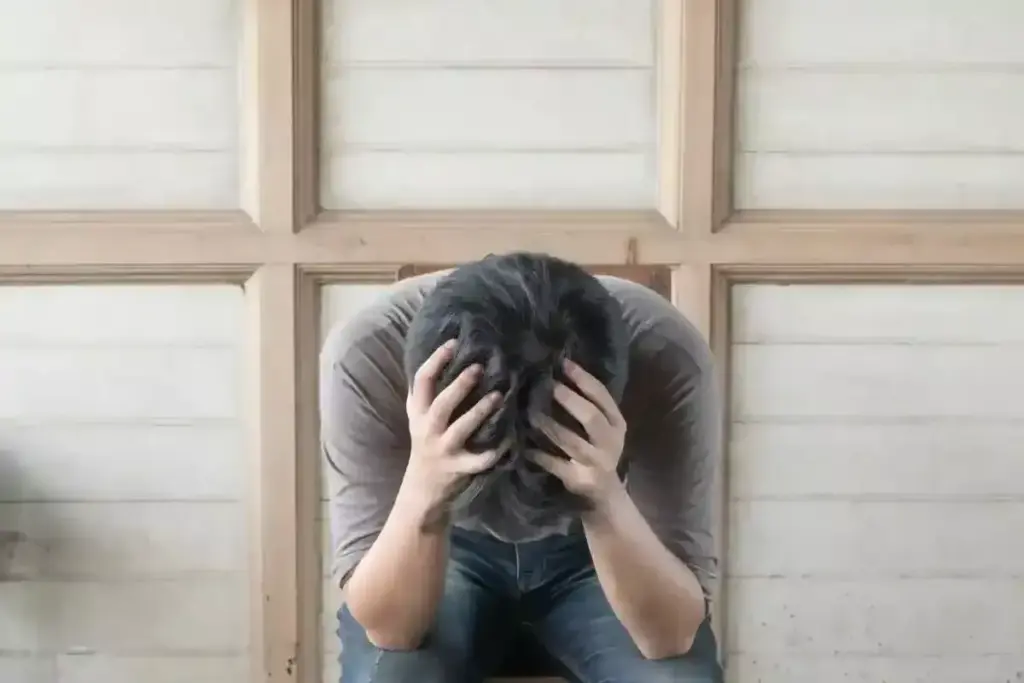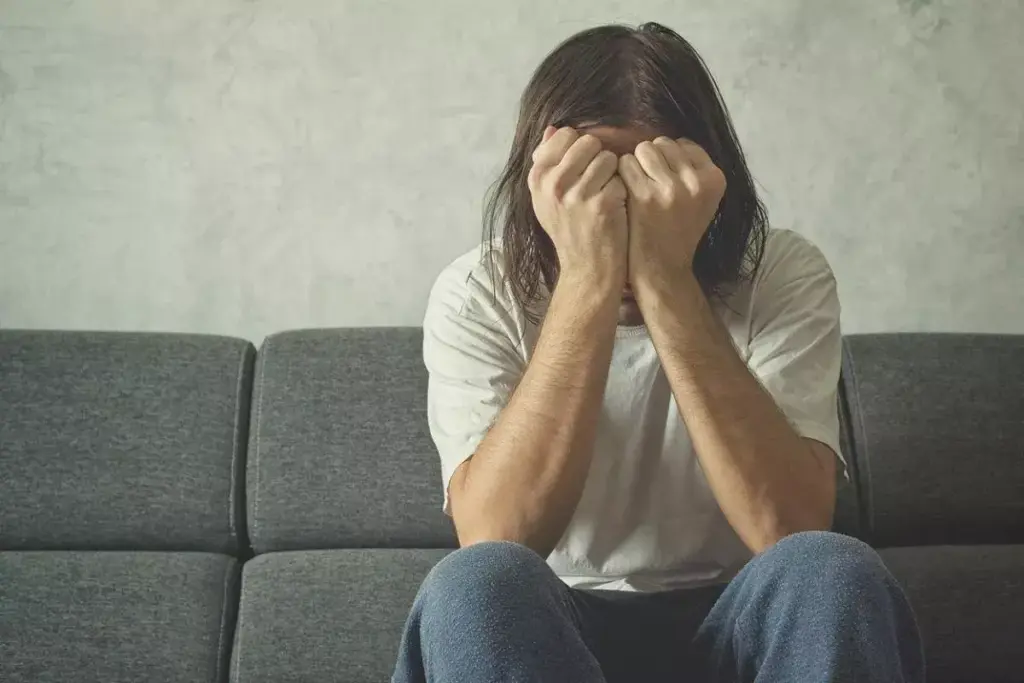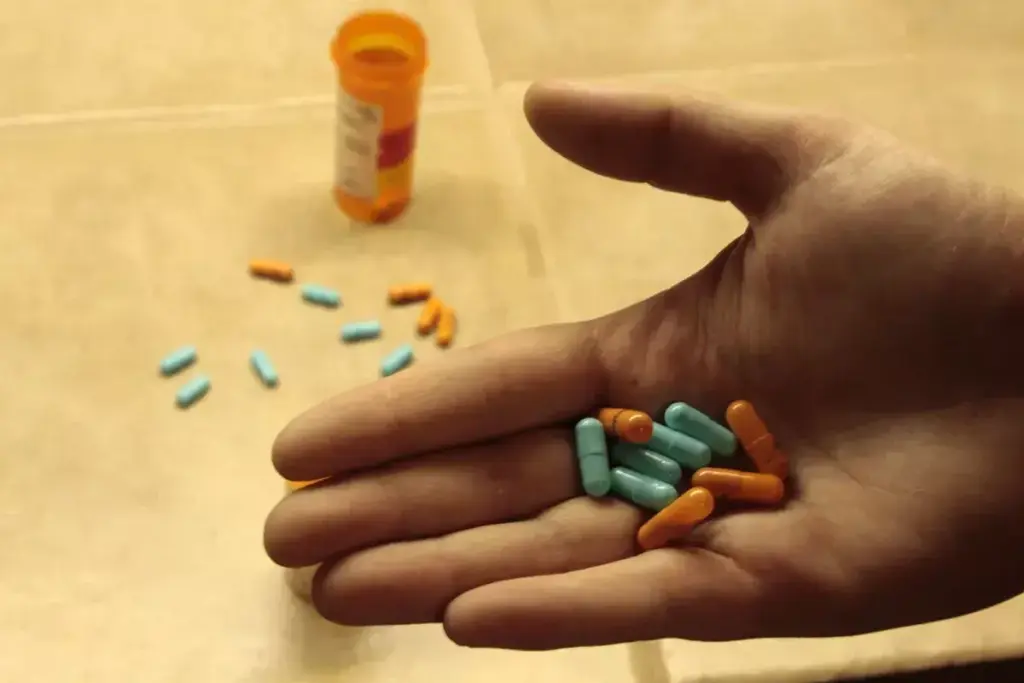Monkeypox Virus: Symptoms, Transmission, and Global Spread
Monkeypox Virus is a double-stranded DNA virus in the Poxviridae family. It causes symptoms similar to smallpox and is usually transmitted from animals to humans. The infection is characterized by the appearance of rashes and flu-like symptoms. While Monkeypox Virus is most commonly found in Africa, it can also spread to other regions of the world through travel.
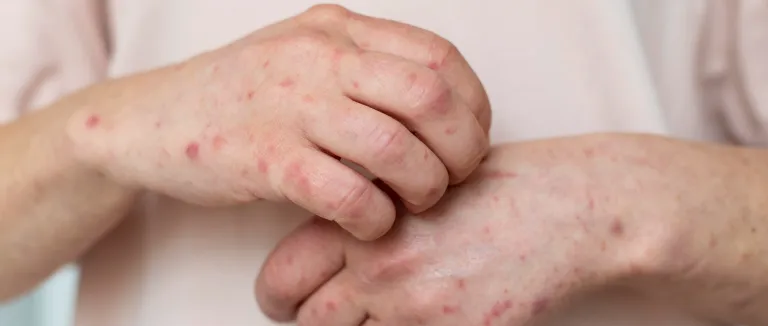
What is Monkeypox Virus?
Monkeypox Virus (mpox) is a zoonotic virus in the Poxviridae family, consisting of double-stranded DNA. It causes symptoms similar to smallpox and is typically transmitted from animals to humans. Common symptoms include rashes, fever, headache, and swollen lymph nodes. While Monkeypox Virus is most frequently found in Central and West Africa, it can spread globally through travel. Transmission usually occurs through direct contact with the skin lesions or bodily fluids of infected animals or people. There is currently no specific antiviral treatment; care is generally supportive. Vaccination remains the most effective way to prevent Monkeypox Virus infection.
What are the Symptoms of Monkeypox Virus?
Monkeypox Virus symptoms usually start with the appearance of a rash and then develop into flu-like symptoms. The most common signs of the disease include:
- Rashes:The most recognizable sign of Monkeypox Virus is a rash that develops into itchy and painful blisters. These rashes commonly appear on the face, palms, soles, and genital area. The rash typically begins as red spots, progresses to fluid-filled blisters, then to pustules, and finally crusts over as the skin heals.
Stages of Rashes:
- Stages of Monkeypox Rash:
- Macule: Flat, red spots appear on the skin.
- Papule: The spots become raised and develop into small, fluid-filled blisters.
- Pustule: The blisters fill with pus and harden into pustules.
- Crust: Pustules form a crust and eventually fall off as the skin heals..
- Fever: A high fever is often one of the first symptoms to appear.
- Headache: Severe headaches are commonly experienced.
- Muscle Aches: Intense muscle pain, especially in the back and legs.
- Swollen Lymph Nodes: Noticeable swelling of lymph nodes under the arms, in the groin, and on the neck.
- Fatigue: Profound tiredness and weakness.
- Chills and Shivering: A sensation of cold accompanied by shivering.
Monkeypox symptoms can range from mild to severe, and some individuals may experience no symptoms at all. The progression and severity of the disease often depend on a person’s immune system and general health.
How Does Monkeypox Virus Spread?
Monkeypox Virus spreads through direct contact with skin lesions, bodily fluids, or respiratory droplets from infected animals or people.
From Animals to Humans:
- Contact with Infected Animals: The virus can spread through direct contact with the blood, bodily fluids, or tissues of infected animals, especially rodents and primates.
- Hunting and Meat Handling: Infection may occur when hunting, processing, or eating meat from infected animals.
- Exposure to Animal Excretions: The virus can also be transmitted through contact with the feces, urine, fur, or skin of infected animals.
From Humans to Humans:
- Bodily Fluids and Lesions: The virus can spread through direct contact with bodily fluids (such as blood, saliva, or nasal discharge) or lesions from infected individuals.
- Contact with Rashes or Scabs: Direct contact with rashes, blisters, or scabs can also result in transmission.
- Aerosols and Droplets: Although less common than in smallpox, monkeypox can spread through respiratory droplets released by coughing, sneezing, or speaking.
Surface Transmission:
Surfaces and Objects: The virus can be transmitted via surfaces or objects that have been contaminated by infected individuals, particularly items that have touched rashes or lesions.
What are the Risks of Monkeypox Transmission?
The risk of monkeypox transmission depends on several factors, such as the mode of transmission, contact with infected individuals, and surrounding environmental conditions.
- Extended Contact: Prolonged and close contact with infected individuals increases the risk of transmission. Healthcare workers are especially at risk when caring for infected patients.
- Weakened Immune Systems: Individuals with weakened immune systems, such as those who are HIV-positive or receiving immunosuppressive therapy, are at greater risk of infection.
- Travel to Tropical Regions: Those living in or traveling to tropical forest areas, where contact with infected animals is more common, face an increased risk of exposure.
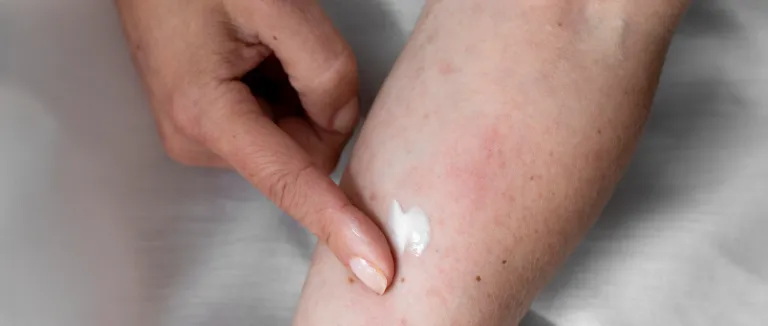
How to Protect Against Monkeypox Virus?
Monkeypox is a contagious disease most commonly found in Africa. However, with the recent rise in global cases, taking protective measures has become increasingly important.
Preventive Measures Against Monkeypox Virus:
- Maintain Hygiene: Wash your hands frequently with soap and water, especially after contact with sick individuals, and avoid touching skin lesions.
- Practice Social Distancing: Stay away from crowded areas and avoid close contact with infected individuals.
- Wear Masks: Use a mask when sharing space with someone who may be infected.
- Do Not Share Personal Items: Refrain from sharing items such as towels, sheets, or cups with others.
- Vaccination: In some countries, monkeypox vaccines are available. Consult your doctor for guidance on vaccine availability and effectiveness.
- Healthy Lifestyle: Support your immune system by eating a balanced diet and getting regular sleep.
- Be Cautious While Traveling: When visiting areas where monkeypox is more common, take extra health precautions.
How is Monkeypox Virus Treated?
Treatment for monkeypox focuses on relieving symptoms, as there is no specific antiviral therapy available. The following supportive measures can help manage symptoms and reduce the risk of complications:
- Rest: Get adequate sleep to support your body’s recovery.
- Fluid Intake: Drink plenty of fluids to prevent dehydration caused by fever and rashes.
- Pain Relievers: Take pain relievers, as advised by your doctor, to help reduce fever and muscle aches.
- Anti-Itch Creams: Use doctor-prescribed creams to help relieve itching from rashes.
- Antiviral Medications: Certain antivirals developed for smallpox may be effective for monkeypox; only use these drugs under medical supervision.
Treatment Goals:
- Shorten the duration of illness
- Minimize the risk of complications
- Enhance the patient’s overall health and recovery
Monkeypox usually resolves without treatment, but complications can occur. It’s important to see your doctor regularly and practice good hygiene. Limiting contact with others during recovery helps prevent the spread of the virus..
* Liv Hospital Editorial Board has contributed to the publication of this content .
* Contents of this page is for informational purposes only. Please consult your doctor for diagnosis and treatment. The content of this page does not include information on medicinal health care at Liv Hospital .
For more information about our academic and training initiatives, visit Liv Hospital Academy.
Frequently Asked Questions
What is Monkeypox Virus?
Monkeypox Virus is a double-stranded DNA virus from the Poxviridae family that causes symptoms similar to smallpox. It is usually transmitted from animals to humans through direct contact.
How does Monkeypox Virus spread?
The virus spreads through contact with bodily fluids, rashes, or scabs of infected individuals or animals, and occasionally through respiratory droplets or contaminated surfaces.
What are the common symptoms of Monkeypox Virus?
Symptoms include fever, headache, fatigue, swollen lymph nodes, muscle pain, and a distinctive rash that develops into blisters and scabs.
How long does Monkeypox infection last?
Monkeypox typically lasts between two and four weeks. Most patients recover fully without complications, although medical supervision is recommended.
Who is at higher risk of Monkeypox infection?
People with weakened immune systems, healthcare workers in contact with infected patients, and travelers to regions where monkeypox is common face a higher risk.
Can Monkeypox spread from person to person?
Yes, monkeypox can spread between people through direct skin contact, bodily fluids, or respiratory droplets during close or prolonged exposure.
What are the stages of a Monkeypox rash?
The rash progresses from red flat spots to raised papules, then to fluid-filled pustules that eventually crust and fall off as the skin heals.
Is there a treatment for Monkeypox Virus?
There is no specific antiviral treatment. Care is supportive, focusing on rest, hydration, pain relief, and skin care under medical guidance.
Can vaccination prevent Monkeypox?
Certain smallpox vaccines offer protection against monkeypox. Individuals in high-risk areas or with exposure should consult their doctor about available vaccines.
Why choose Liv Hospital for infectious disease evaluation?
Liv Hospital provides advanced diagnostic facilities, expert infectious disease specialists, and multidisciplinary care to ensure accurate diagnosis and safe management of viral infections such as monkeypox.




